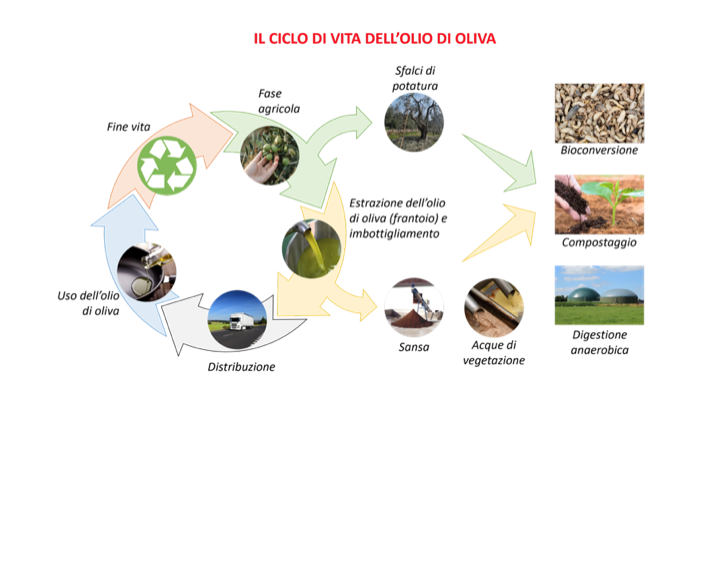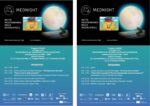What are the environmental impacts of the products we consume? Analysing the different “life cycle phases” of an agri-food product, such as olive oil, and the different strategies for the management of waste and co-products obtained during the production process, is essential to understand how to reduce the environmental impact of products that are at the basis of the Mediterranean diet. To do so, we can use the Life Cycle Assessment, which is a method that allows assessing the environmental impacts of a product, process, or service throughout its whole life cycle, from raw materials extraction to the end-of-life.
THE ENVIRONMENTAL IMPACT OF OUR CONSUMPTION CHOICES: DISCOVER THE LIFE CYCLE OF OLIVE OIL AND HOW THE WASTE PRODUCED IS MANAGED IN A SUSTAINABLE MANNER
Sep 19, 2022 | Sea and pollution, Università degli Studi di Messina



